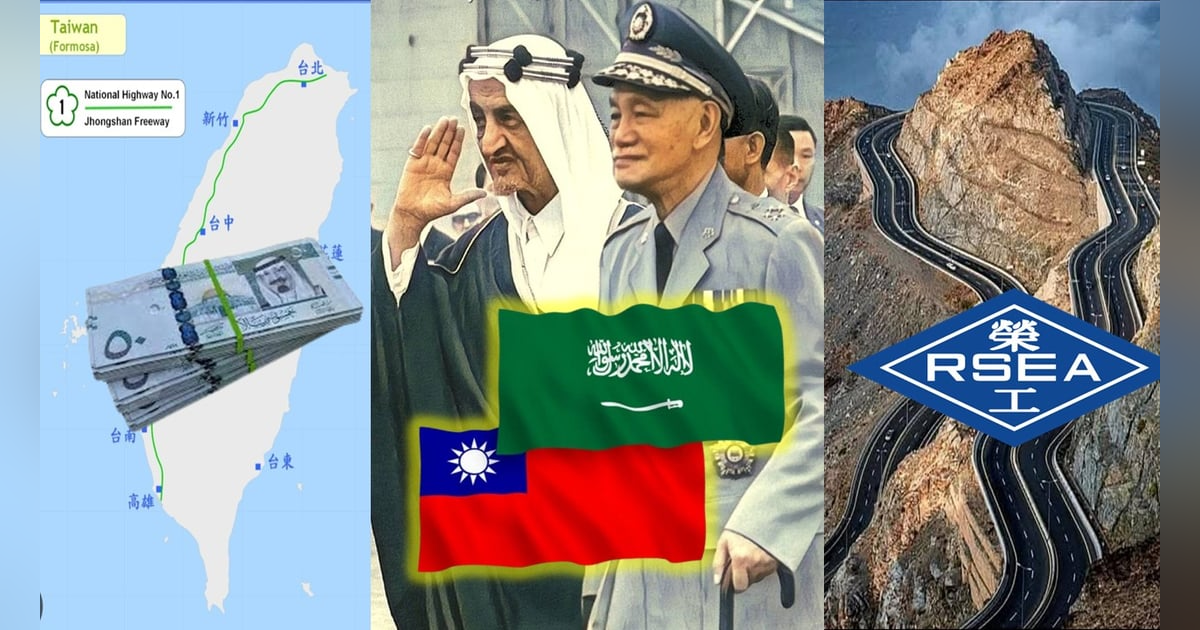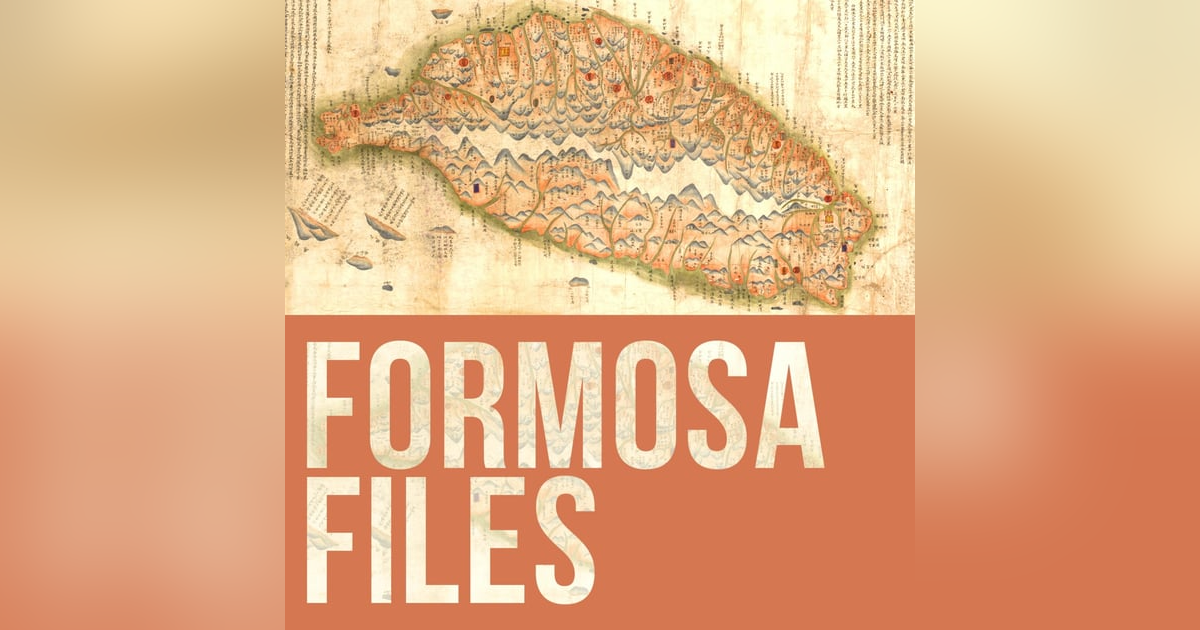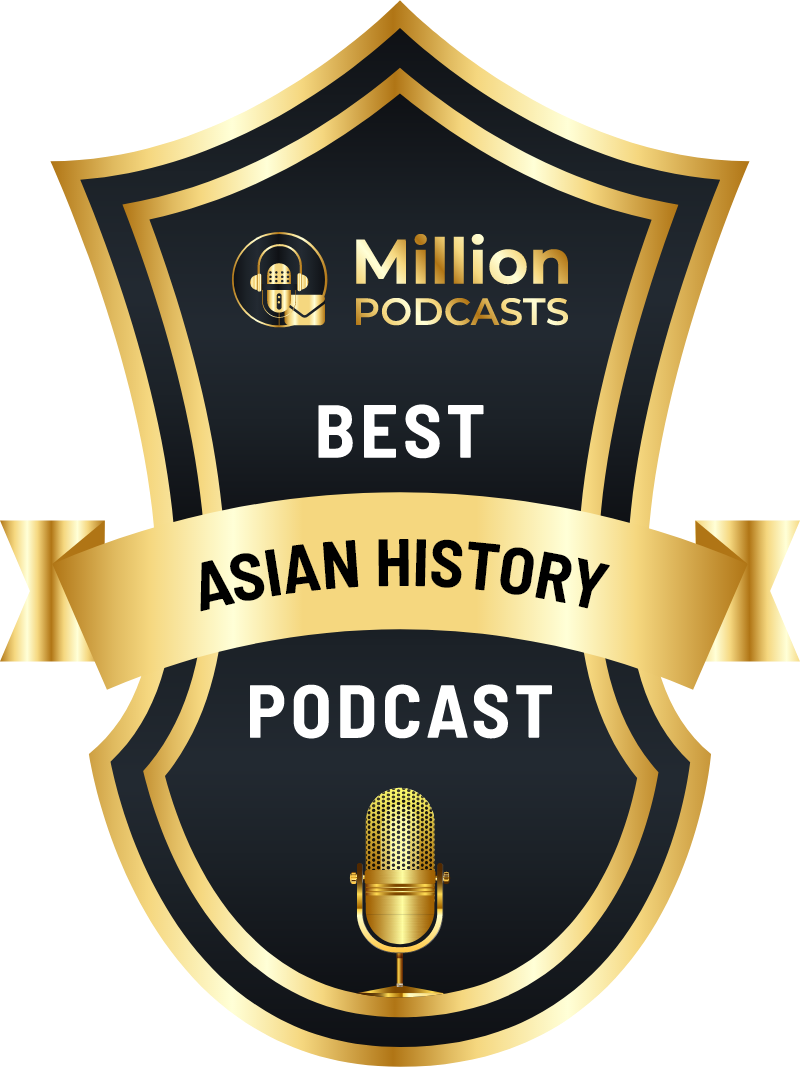Seedless Watermelons and a Secret War in the Desert: the Taiwan–Saudi Arabia Story – S5-E19


Taiwanese pilots flew combat jets in Saudi uniforms over Arabian skies? Yes. This week, learn about what may seem like an unusual friendship: the close ties between Taiwan and Saudi Arabia. Bonded by oil, anti-Communism, technical exchanges, interest-free loans, and even seedless watermelons, Saudi Arabia was the only nation in the Middle East to vote “NO” on letting Red China into the UN, and they only swapped from Taipei to Beijing in 1990. This week’s episode is an oasis for those thirsting to learn more about the ROC and 沙特阿拉伯 (Shātè Ā lā bó).
PLEASE follow/like/sub/etc, on IG, FB, YT or LinkedIn, leave a review on Apple Podcasts or on this website, and most importantly, tell your friends about this FREE Taiwan history podcast!
PAYWALL: Taiwanese Hired By North Yemen To Fly U.S. Jets - The Washington Post - 1979/05/28
It may have been a secret in Taiwan, but apparently, U.S. newspapers were reporting on it in 1979. See link above.
Below: A uniform patch for the Dahan Task Force via Wendell Minnick
Below: Via Taipei Times: "A rug is displayed at a special exhibition at the Republic of China Air Force Museum to commemorate the Dahan Task Force’s operations in Yemen." Photo courtesy of the Republic of China Air Force Museum
The report below claims the late US president Jimmy Carter was the main decider in having ROC pilots in Yemen:
"In the 1970s, Yemen was divided between the north, where Ali Abdullah Saleh was the military dictator, and the south, where the communist party was in charge of the People’s Democratic Republic of Yemen (PDRY). The communists were riven by infighting with extreme hardliners in charge ... South Yemen had air superiority thanks to significant assistance from Russia and East Germany. Eight hundred Cuban troops assisted the south. The Soviets had 1,000 advisers and experts in the south. Southern tanks were on the verge of seizing Taiz, the former capital of the north, which would have been a staggering blow to Saleh. On March 8, the southern air force bombed Sanaa, the new capital, and two days later they raided the key port of Al Hudaydah. Saleh appealed to Washington, Baghdad, and Riyadh for help. Carter responded decisively. It was a critical moment for Carter: The shah had just fled Tehran and the president was heading for Cairo to try to finish the Egyptian-Israeli peace deal. Carter and his national security advisor, Zbigniew Brzezinski, saw the PDRY offensive as a Soviet and Cuban test of the president’s resolve to defend America’s allies in the Middle East. Eighteen F-5 jet fighters were dispatched to fight the PDRY air force. Since Yemen had no pilots trained on the F-5, Carter got Taiwan to send 80 pilots and air crews to operate and maintain them. Saudi Arabia agreed to pay for the jets and crews as well as tanks, artillery, and other equipment for the north, which would amount to $300 million. Iraq sent air defense crews to help protect Sanaa. The U.S. Navy did a show of force in the Red Sea by deploying several warships."
READ: ROC and Saudi Arabia Cooperate Successfully by Chrissie Lu - TAIWAN PANORAMA - January 1983
Photos below from article link above. Captions from article.
1. Mission members assist local farmers with seedless watermelon cultivation.
2. Mission members share their fish raising experience with interested Saudis.
3. New strains of rice are growing very well in Saudi Arabia. (NOTE: the idea of growing large amounts of rice in the Saudi desert was ultimately abandoned)
READ: Building Roads to Friendship by Chrissie Lu - TAIWAN PANORAMA - February 1983
Photos below from article link above. Captions from article.
1. The Shaar Descent Highway is located in rugged terrain, making construction a major challenge.
2. RSEA engineers hard at work.
3. One of the many tunnels along the Shaar Descent Highway.
4. A view of the Jeddah Harbor.
5. Chinese and other foreign doctors work together in Saudi Arabia.
READ: The Evolving Taiwan-Saudi Arabia Partnership (2024)
Below: An AI colorized and modified picture shows the visit of Saudi King Faisal Ibn Abdul-Aziz Al-Saud to Taipei in June, 1971, where he met with ROC President Chiang Kai-shek. (Wire Services/Eryk Michael Smith)
READ: King Faisal meets President Chiang - TAIWAN TODAY - June, 1971
King Faisal had a lot to say at the official banquet, including these comments:
"The basic beliefs of Islamism are to love men and to live in peace with others. Hence the Islamites are friends of the people of any locality where preaching of Islamism is allowed. Unfortunately, we recently saw the appearance of a heresy called Communism. It has infiltrated into all parts of the world and made many people to renounce their faith, thereby becoming atheists. Communism was derived from Zionism, and the combination of Communism and Zionism has brought about sufferings to mankind. It is incomprehensible that there are people who believe in a doctrine like Communism. As a matter of fact, any country that allows the existence of Communists will only see the decadence of its national spirit. It will only invite destruction and turn the country into a land of desolation. It will achieve neither prosperity nor progress."
PLEASE follow/like/sub/etc, on IG, FB, YT or LinkedIn, leave a review on Apple Podcasts or on our website, and most importantly, tell your friends about this FREE Taiwan history podcast!
Do us a favor and rate/review the show! It really helps. Do it on Apple Podcasts or here on our website.
Write us with questions or ideas at formosafiles@gmail.com
AND THE BIGGEST REQUEST: tell others about this free, not-for-profit resource about Taiwan.



























